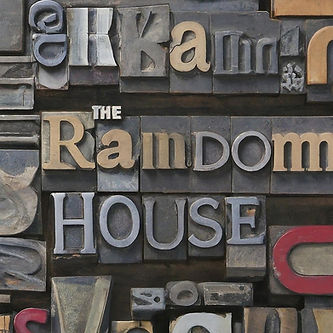Exploring the boundaries between fiction and nonfiction, science and art, reality and dreams
Genre fiction tells stories. Fine literature explores the human condition. My writing explores the world of ideas.
For example, one of my favorite observations is that if you ask a fish to describe its environment, the last thing it would think to mention would be the water. So, to rephrase the paragraph above: genre fiction talks about swimming. Fine literature explores the ocean.
In the tradition of Thornton Wilder's Our Town and The Skin of our Teeth, Robert Pirsig's Zen and the Art of Motorcycle Maintenance, and Douglas Hofstadter's The Mind's I, my writing examines the properties of the water itself.
There is a lot of unexplored territory here. My writings, for example, include:
Astrophysics
for Poets
It's become commonplace to say that science and religion are incompatible. But nothing could be further from the truth. In fact, the things that scientists have discovered in just the last 125 years have shown us a Universe more intricate, more awe inspiring, more spiritually profound than anything that any saint or guru or mystic in the history of the human race has ever come up with.


The Corruption of Faith
Faith is power. Power corrupts.
In Rome, in 70 AD, a patrician woman sneaks out of her house at night to meet with a secret sect of Christians.
In 325 AD, Eusebius of Caesarea navigates political maneuvering at the Council of Nicaea.
In 1209 AD, a young man joins a Crusade sent to drive heretics out of the south of France.

